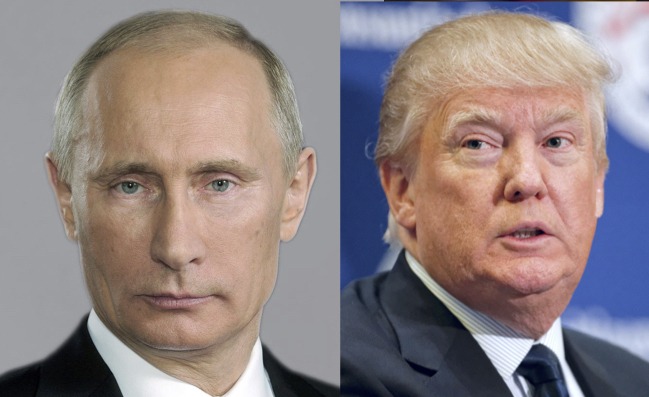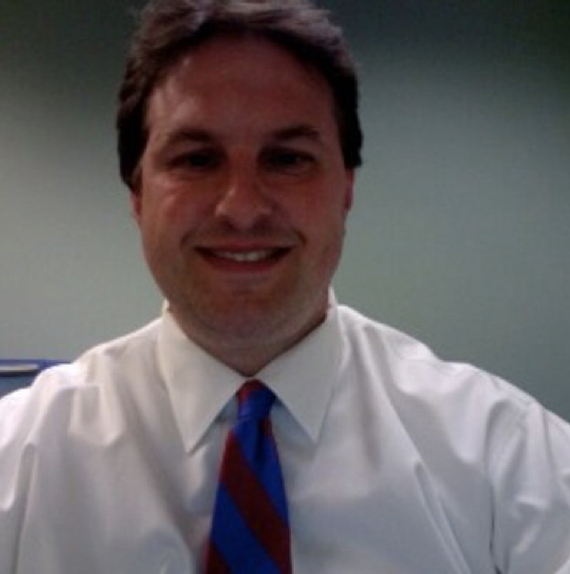Russian oligarch blacklist timing raises questions

Last week the United States Department of Treasury imposed significant sanctions against more than thirty Russian oligarchs and entities, including against Russian President Vladimir Putin’s son-in-law, Kirill Shamalov, and Oleg Deripaska, an oligarch. The timing of the sanctions calls into question what triggered the sudden penalties, the toughest to date against Russia. The administration stated that the sanctions were in response to various Russian actions, including inappropriate meddling in U.S. elections and cyberattacks on our infrastructure.
Treasury Secretary Steven Mnuchin stated, “Russian oligarchs and elites who profit from this corrupt system” would no longer benefit from Russian conduct. Congress had authorized substantial sanctions several months ago, but the administration had not responded. The recent sanctions come just days after Lt. Gen. H.R. McMaster, outgoing national security advisor, blasted Putin, stating that the United States has “failed to impose sufficient costs” on Russia for its misconduct.
President Donald J. Trump, who has been reticent to mention the name Putin, finally made a comment about the Russian president after reports of chemical weapons being used in Syria to kill more than 80 people at last count, including many children. Trump (@realdonaldtrump) tweeted, “President Putin, Russia and Iran are responsible for backing Animal Assad.” As is his wont, Trump also placed blame on former President Barack Obama in another tweet.
The timing of sanctions is especially interesting considering Trump’s invitation to the White House that was disclosed early last week following a March 20 call between the two world leaders. Given the way the discharge of sixty Russian diplomats was handled, in which the administration apparently gave assurances that the sixty could be replaced immediately, one must wonder what other assurances might have given by Trump to Putin regarding the sanctions just announced. This may be another matter that the Special Counsel Robert Mueller might wish to investigate.

Daniel is a lawyer writing and teaching about SCOTUS, and is the author of the book “The Chief Justices” about the SCOTUS as seen through the center seat.
